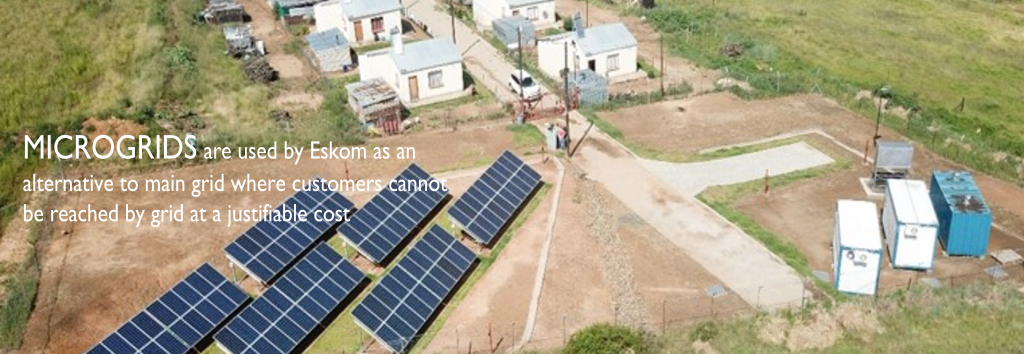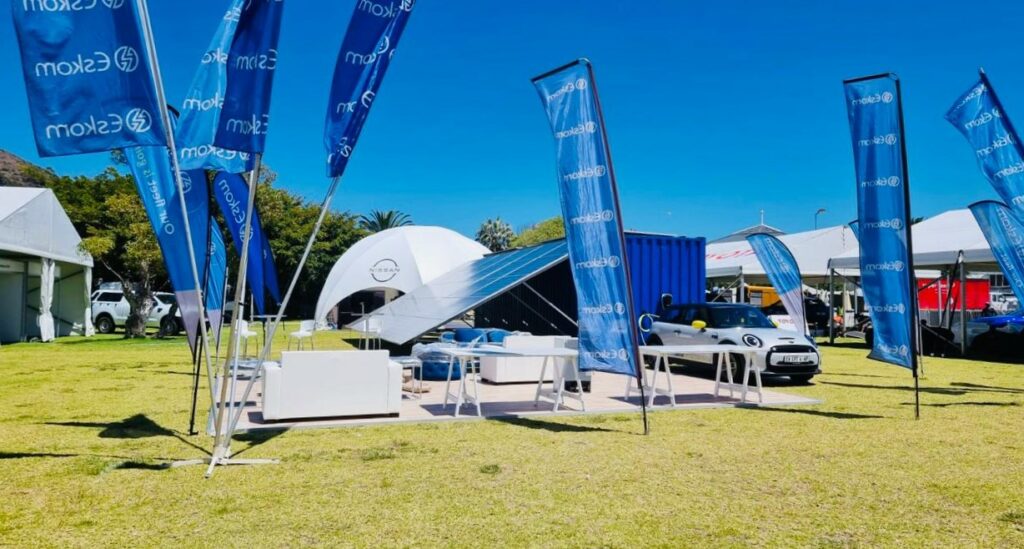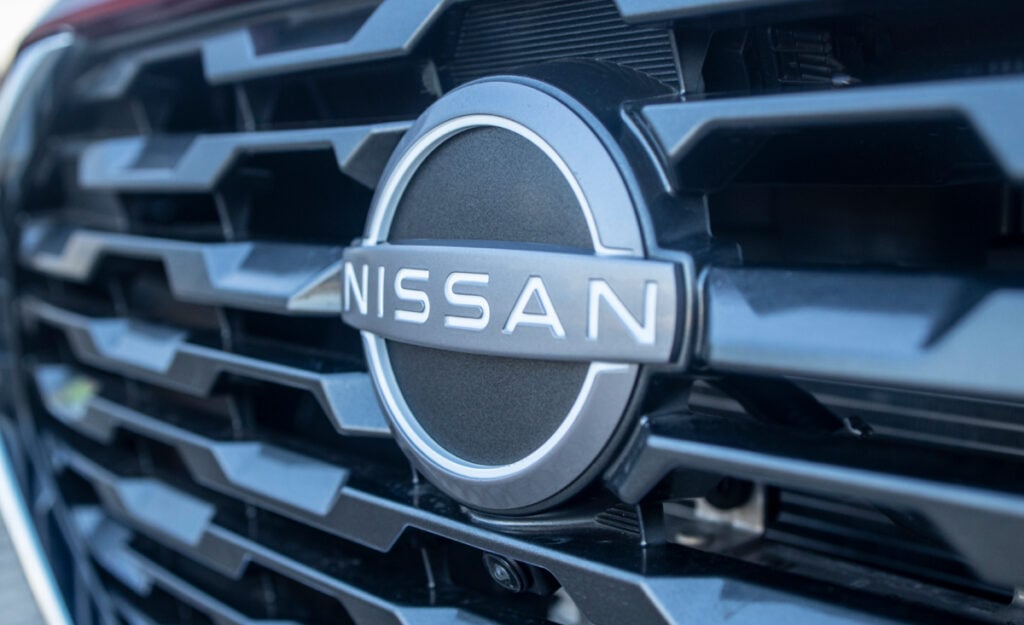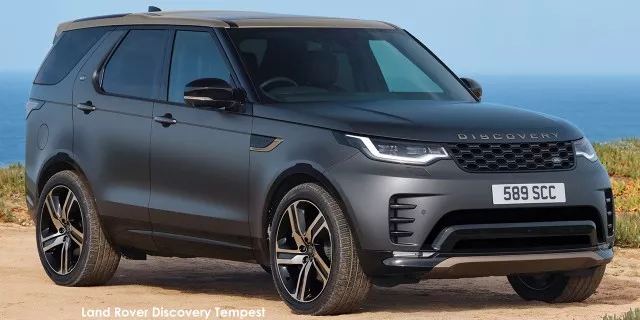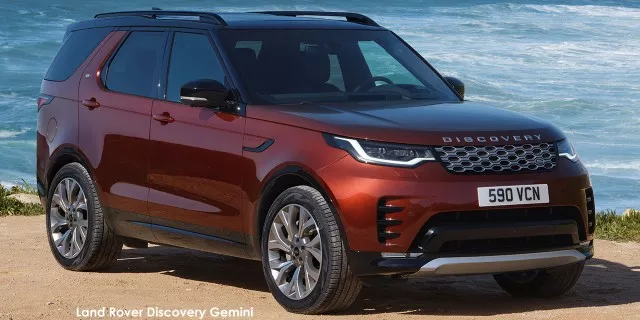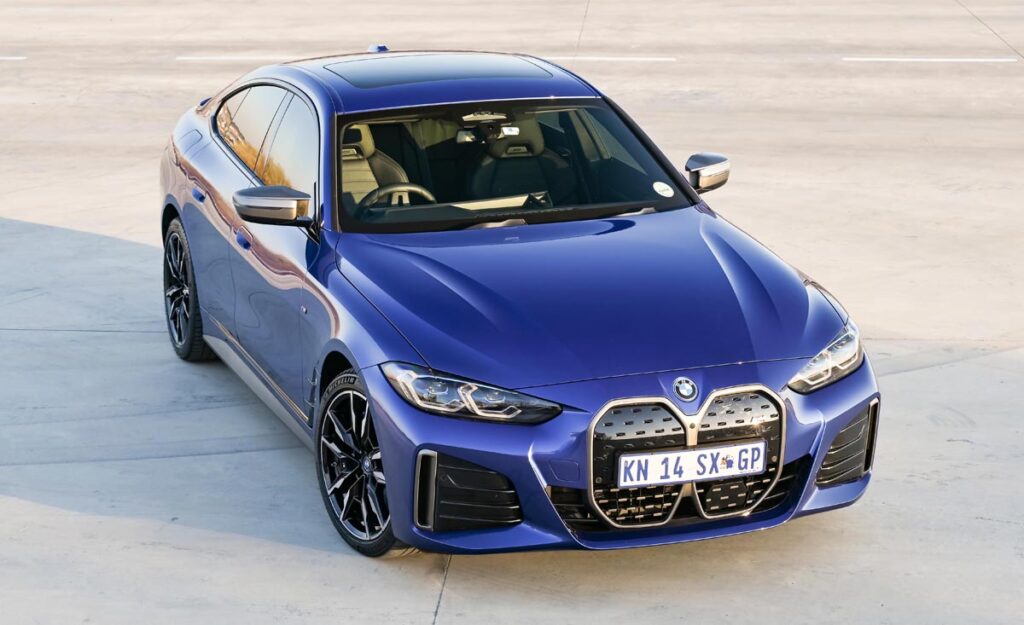
Speaking at Africa’s Green Economy Summit, local power utility Eskom pledged that it will “embrace e-mobility as the core to our road map going forward,” said the group executive for distribution division, Monde Bala.
In this pursuit, Eskom is currently running a pilot programme to introduce electric vehicles (EV) to its fleet of service cars, with an aim to replace its entire 13,000-strong fleet of petrol and diesel autos with EVs by 2040.
“Plans are underway to begin the process of converting the rest of the Eskom fleet to electric where possible,” said Bala.
“We will soon seek suitable partners for the rollout of public charging stations on Eskom sites across the country, through applicable procurement processes. In time, these should be accessible to the public.”
Moreover, Eskom has already presented a residential time-of-use (ToU) charging tariff to the National Energy Regulator of South Africa (Nersa), which, if approved, “will enable EV owners to achieve significant savings when using the off-peak and standard periods to charge their cars, encouraging EV uptake and boosting electricity sales.”
Microgrids are the future
At the summit, Bala touted “microgrids” as being the future of ensuring consistent and reliable energy supply not only for EV owners but for all citizens in the country even in the most remote areas, according to BusinessTech.
In December, Eskom already deployed “some 100 containerised microgrid pilots for rural areas and informal settings” in areas such as Ficksburg, Lynedoch, and Swartkop, these sites being “both grid-tied and off-grid.”
The microgrids mainly use solar panels to generate and store energy in large lithium-ion batteries, whereas a few also employ micro wind turbines and small-scale hydro turbines, depending on what is the most optimal solution in that region.
Eskom is further conducting feasibility studies on deploying microgrids to over 80 locations in South Africa in a phased roll-out approach that will last for the next five years, which will hopefully stabilise electricity supply.
The power utility showed off these technologies at the recent e-Fest which was part of the inaugural Formula E race in Cape Town by charging the Mini SE, the most affordable EV in the country, by means of a microgrid.
